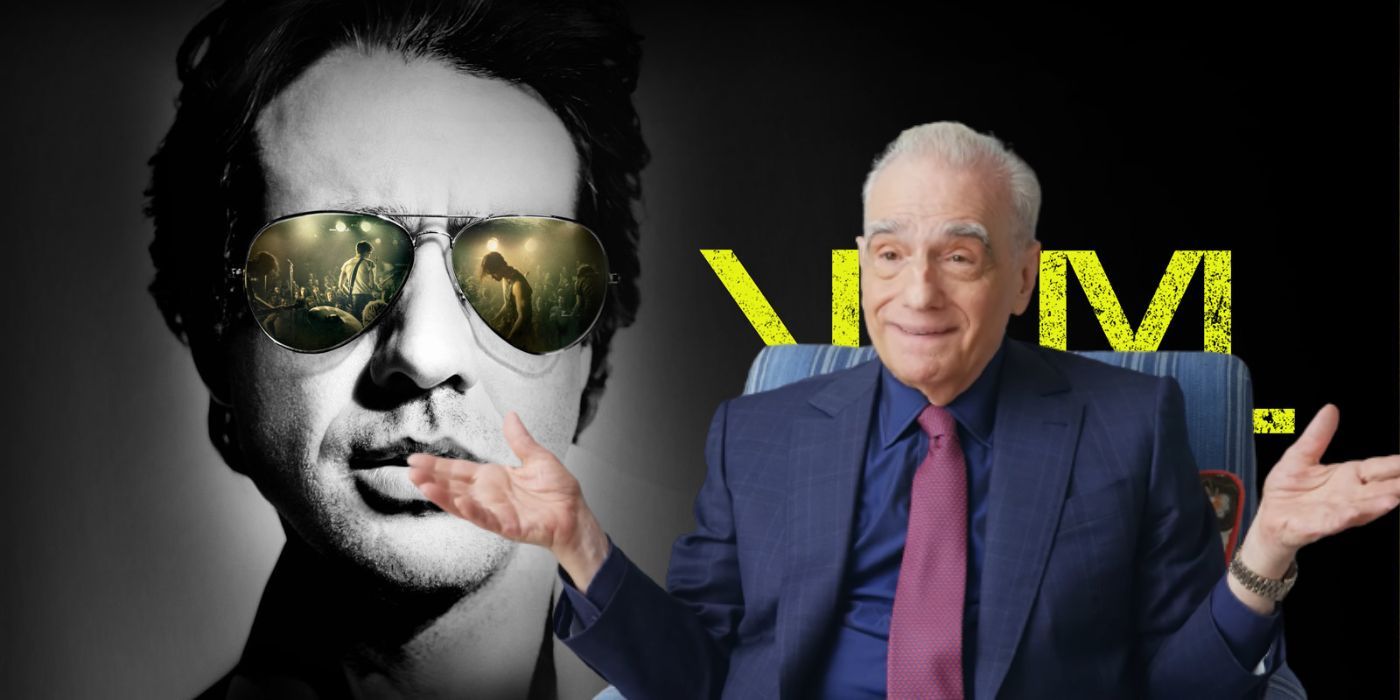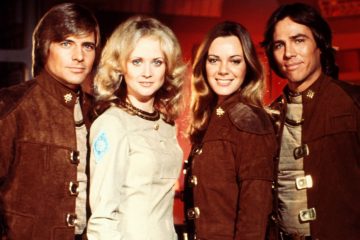The latest film by Martin Scorsese, Killers of the Flower Moon, is currently in theaters and has received rave reviews from critics and an equal amount of praise from movie-going audiences as well. Considered to be one of the greatest living visual storytellers, it’d be easy to assume that Scorsese’s talents could successfully lend themselves just as easily to the current golden age of television as they do to film. In 2016, however, HBO’s Vinyl unfortunately proved such assumptions wrong with a short-lived run of just a single season.While Scorsese has had his hand in directing and producing feature-length documentaries and documentary miniseries for television, Vinyl was the only fully scripted series that he ever had any involvement with. There have been many attempts by successful filmmakers to try and extend their storytelling abilities to episodic television, to many varying results. But with Scorsese’s legendary caliber of filmmaking partnered with such a network as HBO, known for several iconic and high-quality series, what could have possibly gone wrong?With a career spanning almost 60 years, Martin Scorsese’s films and his talent behind the camera have been some of the most influential in film history. He’s a director that prioritizes storytelling over spectacle, being less known for the stories that his films tell, but far more for exactly how he chooses to tell them in a visual manner. There’s a meaning to nearly every shot and every frame, and they all manage to evoke certain feelings and reactions in the audience. There is always a great amount of care he takes in his films that goes into every last minute detail, from the sets all the way down to the characters’ costumes. Perhaps one of the most striking things about Scorsese’s filmography is that, much like that of Steven Spielberg, a majority of his films are highly unlike any of the others.Paradise Lost Proves Why the HBO Series Needs Max
The latest film by Martin Scorsese, Killers of the Flower Moon, is currently in theaters and has received rave reviews from critics and an equal amount of praise from movie-going audiences as well. Considered to be one of the greatest living visual storytellers, it’d be easy to assume that Scorsese’s talents could successfully lend themselves just as easily to the current golden age of television as they do to film. In 2016, however, HBO’s Vinyl unfortunately proved such assumptions wrong with a short-lived run of just a single season.
While Scorsese has had his hand in directing and producing feature-length documentaries and documentary miniseries for television, Vinyl was the only fully scripted series that he ever had any involvement with. There have been many attempts by successful filmmakers to try and extend their storytelling abilities to episodic television, to many varying results. But with Scorsese’s legendary caliber of filmmaking partnered with such a network as HBO, known for several iconic and high-quality series, what could have possibly gone wrong?
With a career spanning almost 60 years, Martin Scorsese’s films and his talent behind the camera have been some of the most influential in film history. He’s a director that prioritizes storytelling over spectacle, being less known for the stories that his films tell, but far more for exactly how he chooses to tell them in a visual manner. There’s a meaning to nearly every shot and every frame, and they all manage to evoke certain feelings and reactions in the audience. There is always a great amount of care he takes in his films that goes into every last minute detail, from the sets all the way down to the characters’ costumes. Perhaps one of the most striking things about Scorsese’s filmography is that, much like that of Steven Spielberg, a majority of his films are highly unlike any of the others.
#Couldnt #Martin #Scorsese #Succeed #Television
Note:- (Not all news on the site expresses the point of view of the site, but we transmit this news automatically and translate it through programmatic technology on the site and not from a human editor. The content is auto-generated from a syndicated feed.))



